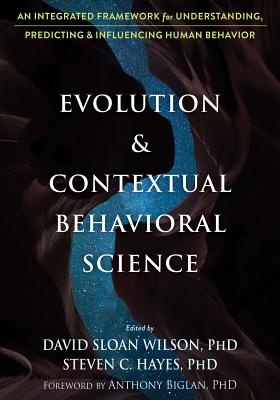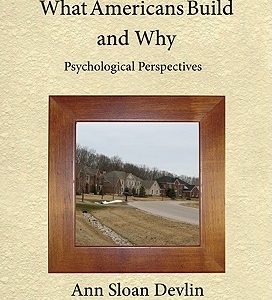Evolution and Contextual Behavioral Science: An Integrated Framework for Understanding, Predicting, and Influencing Human Behavior
$35.96
Description
What do evolutionary science and contextual behavioral science have in common? Edited by David Sloan Wilson and Steven C. Hayes, this groundbreaking book offers a glimpse into the histories of these two schools of thought, and provides a sound rationale for their reintegration.
Evolutionary science (ES) provides a unifying theoretical framework for the biological sciences, and is increasingly being applied to the human-related sciences. Meanwhile, contextual behavioral science (CBS) seeks to understand the history and function of human behavior in the context of everyday life where behaviors occur, and to influence behavior in a practical sense. This volume seeks to integrate these two bodies of knowledge that have developed largely independently.
In Evolution and Contextual Behavioral Science, two renowned experts in their fields argue why ES and CBS are intrinsically linked, as well as why their reintegration–or, reunification–is essential. The main purpose of this book is to continue to move CBS under the umbrella of ES, and to help evolutionary scientists understand how working alongside contextual behavioral scientists can foster both the development of ES principles and their application to practical situations.
Rather than the sequential relationship that is typically imagined between these two schools of thought, this volume envisions a parallel relationship between ES and CBS, where science can best influence positive change in the real world.
Editor: Wilson, David Sloan, Editor: Hayes, Steven C, Foreword by: Biglan, Anthony
Topic: Psychology
Media: Book
ISBN: 1626259135
Language: English
Pages: 344















Reviews
There are no reviews yet.